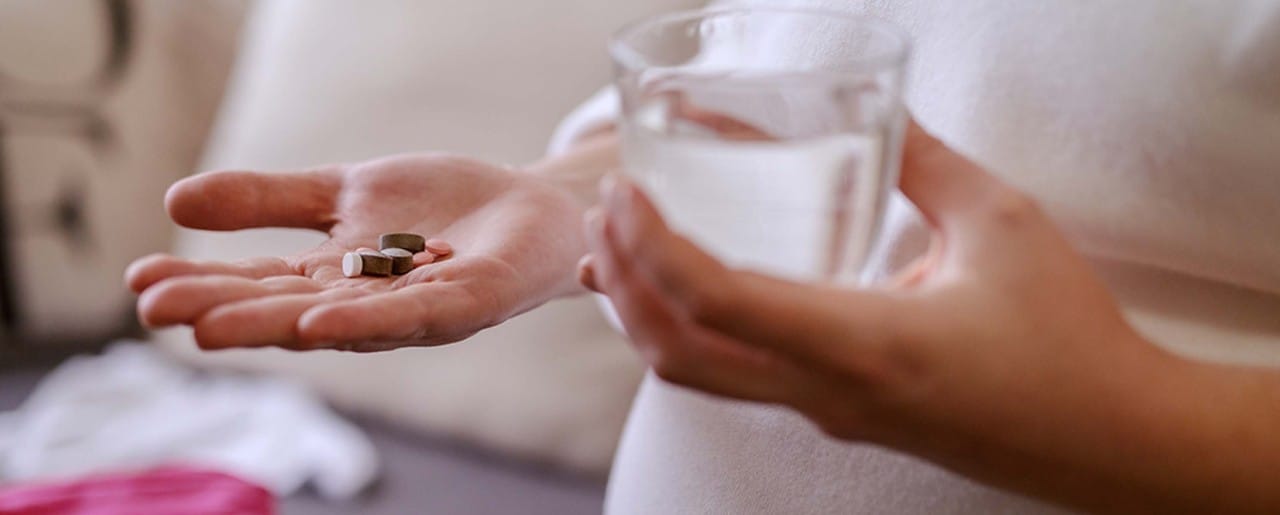Wellness
Should you take probiotics with antibiotics?
By Jordan Shute, MS, RD, LD Mar 20, 2024 • 4 min
Probiotic supplements have become quite popular in recent years due to potential health benefits. Because antibiotics can disturb the natural balance of "good" and "bad" bacteria in the gut, some people wonder if they should take probiotics with antibiotics. There isn't a simple yes or no answer. In short, it depends. Probiotics, the good bacteria found in some foods and supplements, may help increase the number of beneficial bacteria in your gut. If you're sick and taking a prescribed antibiotic, taking a probiotic may help reduce the risk of diarrhea that often accompanies antibiotic treatment.
What is a probiotic and how can I take it?
Probiotics are live bacteria and yeasts found inside and outside our bodies. They appear to help maintain balance in our gut by crowding out bad bacteria. Good bacteria help us to digest food. Probiotics are found naturally in foods and drinks, such as yogurt, pickles and fermented tea. They can also be taken as dietary supplements. But you may not need to alter your diet or take a supplement. Your body can naturally maintain the balance if you eat a healthful diet.
What are the potential benefits of taking probiotics with antibiotics?
Different strains of probiotics can have different effects on the body. It may be beneficial to take certain probiotic strains when taking a prescribed antibiotic. Diarrhea can be a side effect for people taking an antibiotic. For some people, taking probiotics at the same time may help to reduce the risk or lessen the severity of diarrhea from antibiotics. One of the most serious causes of antibiotic-associated diarrhea is infection with a bacterium, Clostridium difficile (C. diff). Certain probiotics may also help reduce the risk of getting a C. diff. infection.
Can I take probiotics and antibiotics together?
There is no clear indication from researchers or medical professionals about the timing of taking probiotics with antibiotics. If your healthcare provider recommends probiotics, ask them when, how often and how much of the probiotic you should take.
Are there any risks in taking probiotics and antibiotics together?
Both probiotics and antibiotics have the potential to cause side effects. Probiotics may cause gastrointestinal issues, such as bloating, nausea and diarrhea. For most people, these side effects are mild and don't last very long. While probiotics are generally regarded as safe for most people, those with a weakened immune system or who have recently had surgery should use caution when thinking about taking a probiotic.
So the answer to whether you should take probiotics with antibiotics is not always a clear-cut one. Talk with your healthcare provider and ask if a probiotic supplement is the right choice for you.
Clinically reviewed and updated March 2024.
Sources:
- https://www.cdc.gov/antibiotic-use/q-a.html
- https://health.clevelandclinic.org/how-to-prevent-diarrhea-while-you-take-antibiotics
- https://www.mayoclinichealthsystem.org/hometown-health/speaking-of-health/an-introduction-to-probiotics
- https://www.nccih.nih.gov/health/probiotics-what-you-need-to-know#hed1




